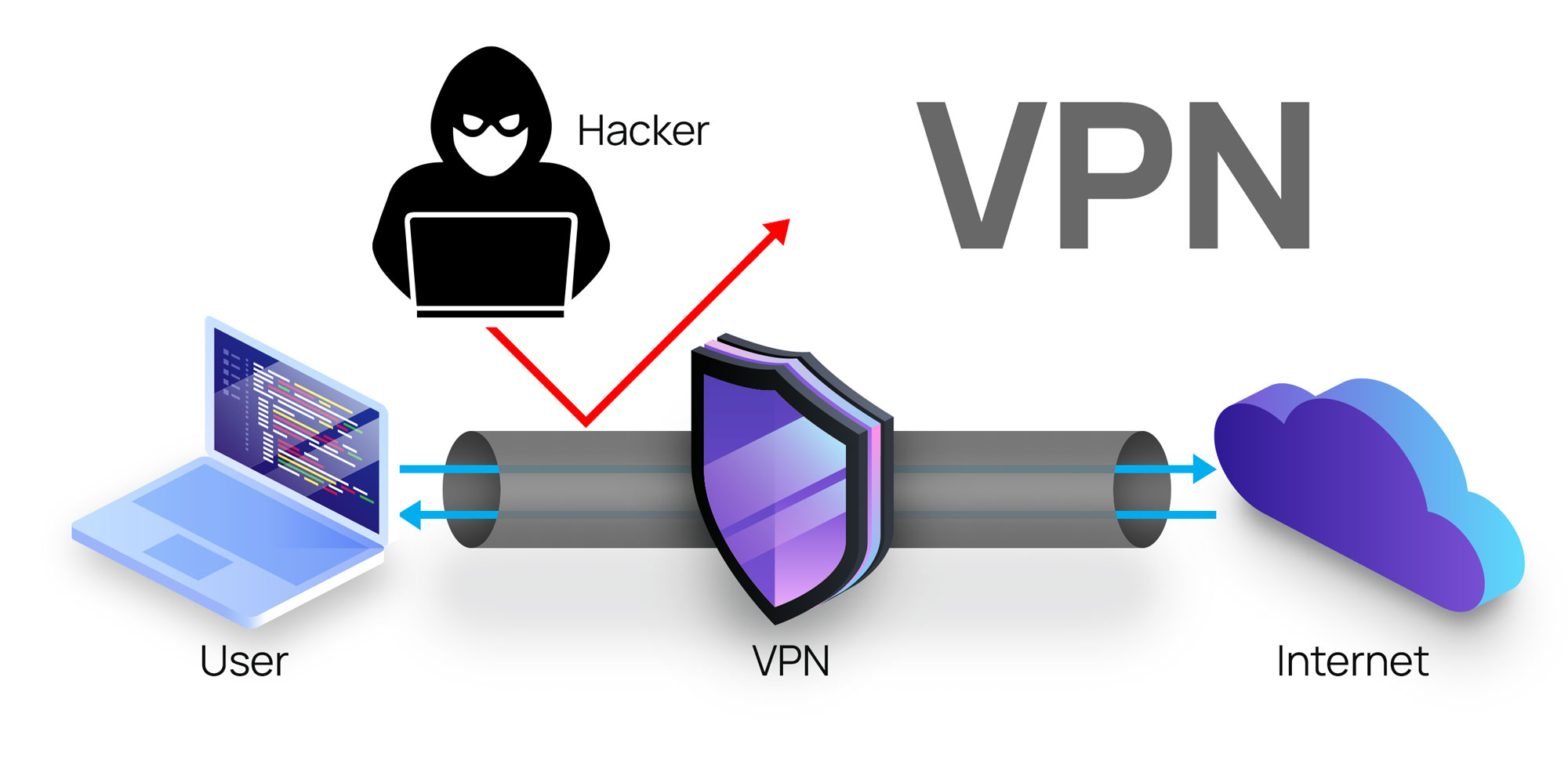Businesses must take extra precautions to secure their networks and data as data breaches and privacy becomes more critical. Remote workforces and global branches also add a layer of complexity around security, but one security tool that has become increasingly popular in recent years is the Virtual Private Network (VPN). This blog will explain what a VPN is and why it is important to businesses, particularly in an SD-WAN (Software Defined Wide Area Network) environment.
What is a VPN?
A VPN is a technology that creates a secure, encrypted tunnel between a user’s device and the internet. When a user connects to the internet via a VPN, their device’s IP address is masked, and their internet traffic is routed through the VPN server instead of directly. This means that their internet activity is hidden from their internet service provider (ISP) and other third parties who may be trying to view their data. VPNs have been gaining popularity in consumer and business spaces because they help keep internet connections private. Still, for businesses, the benefits of offering VPNs to their employees go beyond that.

Why is a VPN necessary for businesses?
Businesses of all sizes now deal with sensitive data, such as financial information, customer data, and intellectual property. A VPN can help protect this data by securing the network and preventing unauthorized access. Here are some of the key benefits of using a VPN in a business environment:
A VPN provides a secure, encrypted connection between a user’s device and the internet, making it much more difficult for cybercriminals to intercept or steal data.
Privacy
A VPN masks a user’s IP address and online activity, preventing their ISP or other third parties from tracking their internet activity.
Remote access
With a VPN, employees can securely access company resources from anywhere in the world without compromising the network’s security.
Cost savings
A VPN can save businesses money on hardware and infrastructure costs. It allows them to securely connect remote workers and branch offices to the network without expensive dedicated lines.
Why is a VPN important in an SD-WAN environment?
Software-defined wide-area networking (SD-WAN) is a technology that allows businesses to connect remote offices and workers securely and efficiently. Here are some of the reasons why a VPN is important in an SD-WAN environment:
While SD-WAN provides some level of security, a VPN can add an extra layer of protection by encrypting all traffic between the SD-WAN network and remote devices.
Compliance
Many businesses operate in highly regulated industries, and compliance requirements may mandate the use of a VPN to protect sensitive data.
Remote Access
SD-WAN allows businesses to connect remote workers and branch offices to the network, and a VPN can provide secure remote access to these resources.
Scalability
As a business grows, it may need to add new remote offices or workers. Using a VPN with an SD-WAN solution can make it easier to scale the network while maintaining security.
VPNs are essential for businesses that want to protect their data and network from cyber threats, especially those with remote workforces or multiple branches. In an SD-WAN environment, a VPN can add an extra layer of security and ensure compliance with regulatory requirements while helping secure remote access scalability. At EnGenius, our SD-WAN Gateways come with multiple VPN features to make it simple to secure your networks and manage everything from the EnGenius Cloud. Whether a small business or a large enterprise, using a VPN should be a crucial part of your cybersecurity strategy.
Learn more about the other benefits and features of the EnGenius Cloud!
